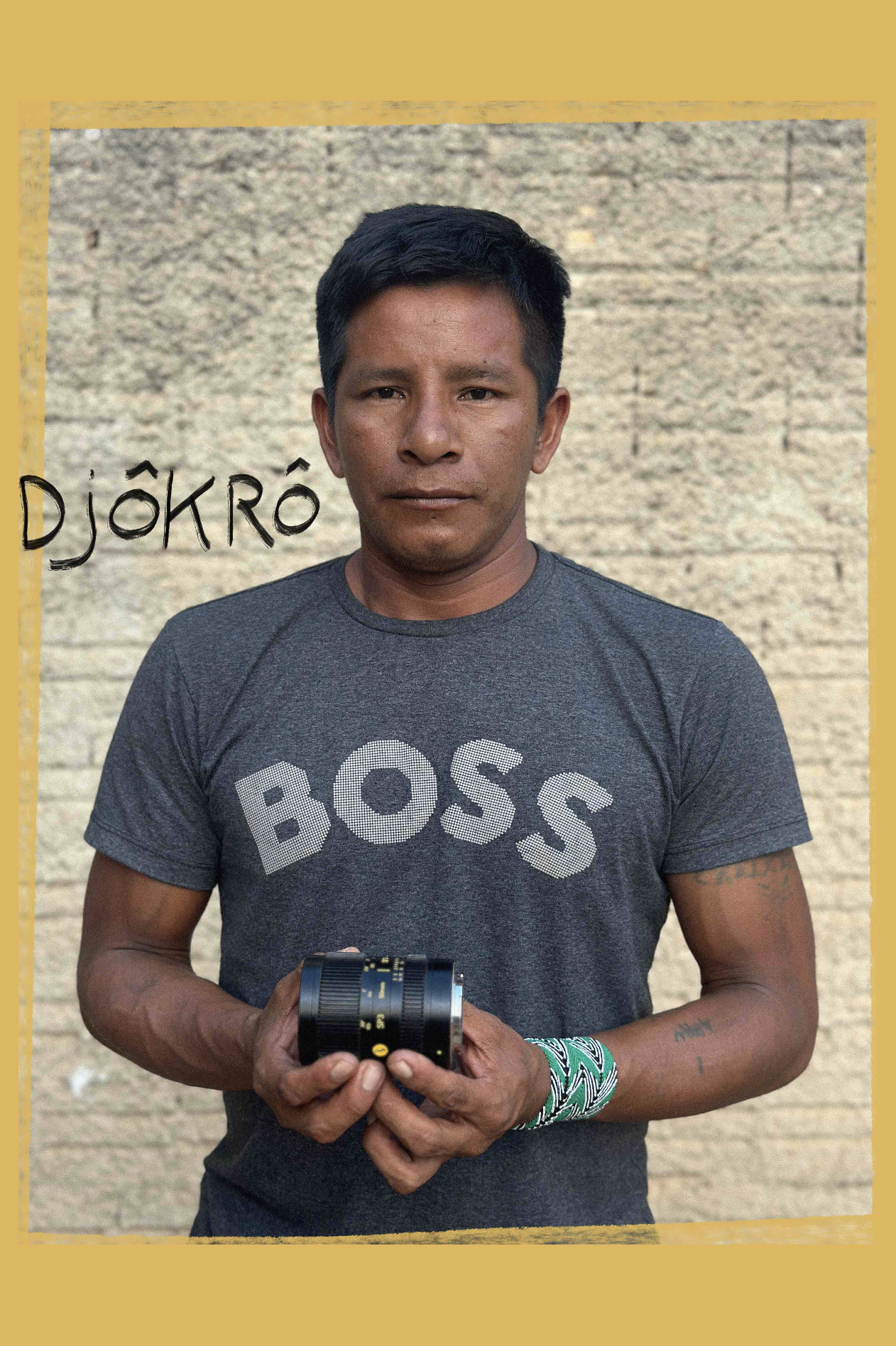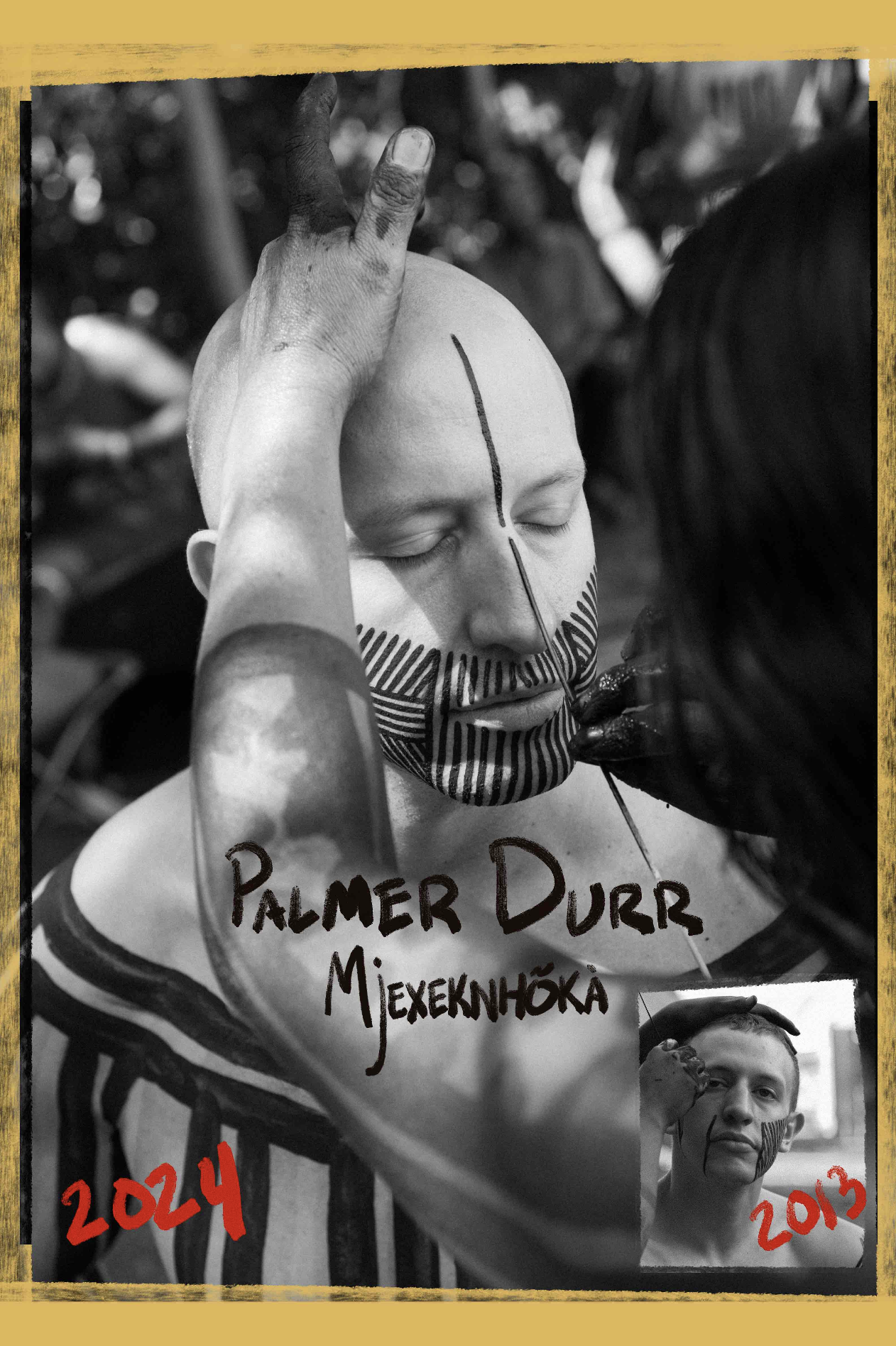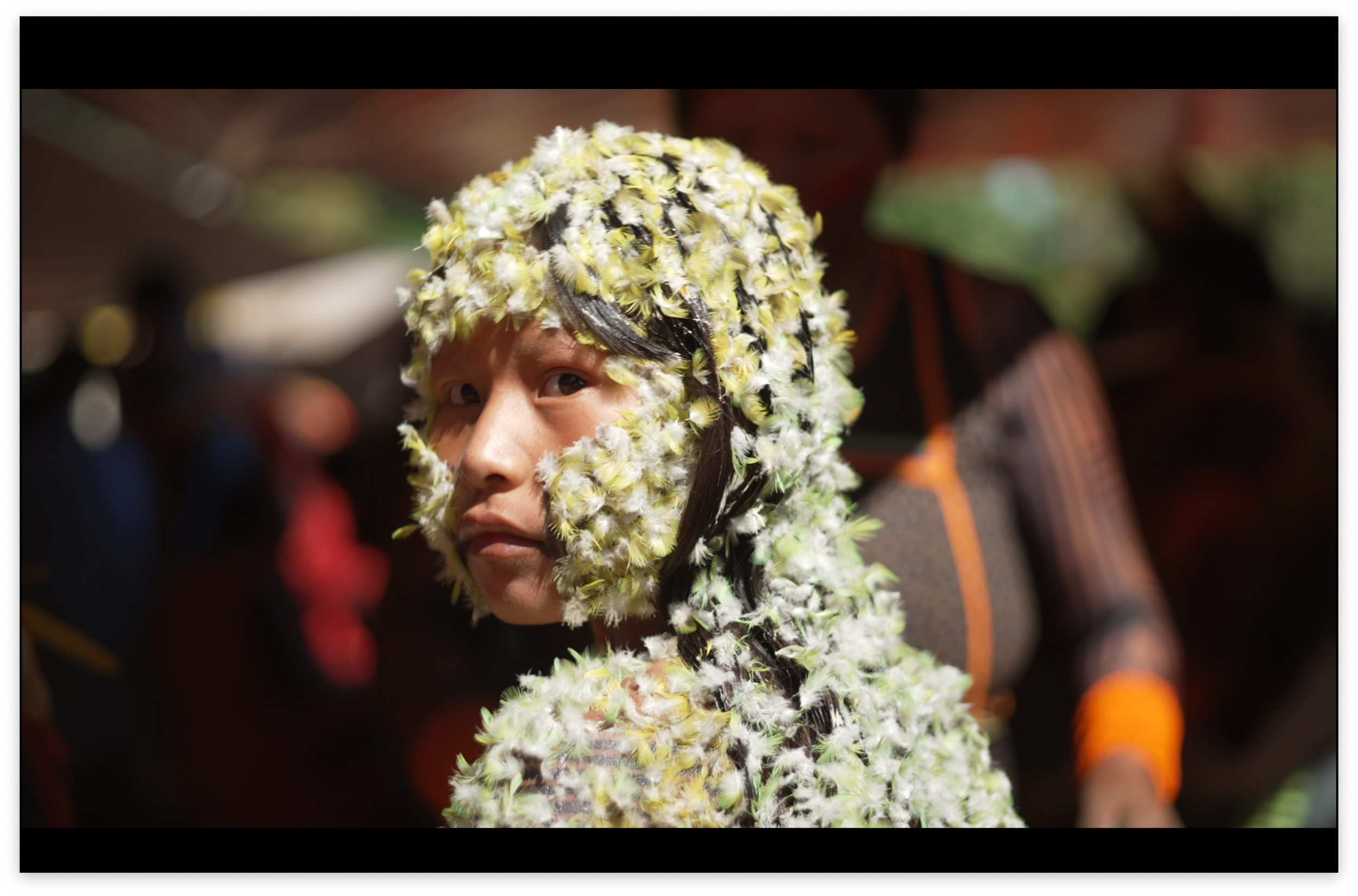
Kukràdjà
Next Showing:
Festival: Titan International
Location: Sydney, Australia
Venue: Palace Cinema Central, level 3, 28 Broadway
Date: March 14, 2026
Time: 6:00 PM LOCAL
70 min - Rated N for Nudity
(.mp4, .mov, and DCP formats)
Closed Captions and Subtitles
Film Festival Stats:
21 Selections
20 Award Winning Categories
4 Finalist Awards
1 Nominee
5 Honorable Mentions



















